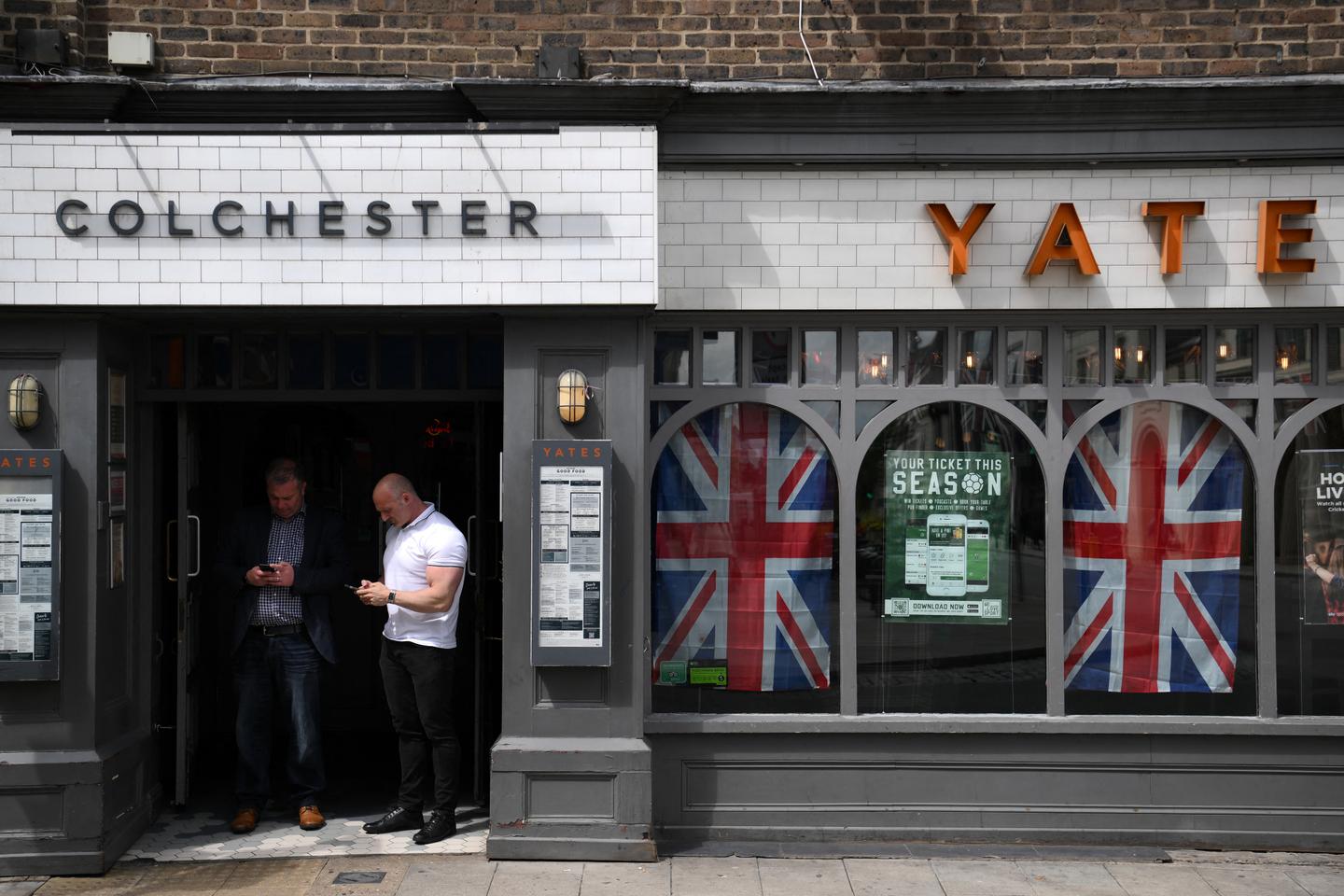


In the UK, pubs are struggling.
With its green-and-white Victorian facade, The Albion is an icon for the residents of Hackney, East London. The front of this pub, whose origins date back to the XVIIth century, is however condemned, and it will shortly be converted into accommodation.
In the first six months of the year, 305 pubs closed in England and Wales. These two regions now boast just 39.096 pubs, a historically low number.
This hecatomb is due to the end of a tax exemption introduced during the pandemic. From 2020 to 2022, pubs escaped a tax on the value of their property, which normally costs them £928 million a year (€1.113 billion). In 2023, taxes levied on wine have also risen by 20%.
Added to this are several years of rampant inflation. "This has had an impact both on customers, who can no longer afford to go to the pub, and on the establishments, which have seen the cost of their energy bills and raw materials rise sharply," explains Victoria Wells, a professor at the University of York and an industry expert.
'The only space for socialization'
But while the phenomenon has recently accelerated, the country began losing pubs as long as three decades ago. There were 62.000 in 1992, marking a decline of 37%. "Pubs are struggling to recruit," notes Wells. The working hours are not very compatible with a private life and the pay is low."
Before Brexit, these vacancies were filled by Eastern and Southern European nationals, but their numbers have fallen drastically, as they now have to obtain an expensive work visa to have the right to stay in the UK. It has become commonplace to see a pub closed in the middle of the week for lack of staff or with its kitchen shut because the manager has been unable to recruit a chef.
Rural areas and disadvantaged suburbs are the hardest hit," says Wells. "This is particularly worrying, as these establishments often represent the only space for socialization in these communities, which have already seen their post offices and community centers disappear."
To avoid bankruptcy, some pubs have started offering upstairs rooms to tourists, expanding their gastronomic offerings or hosting weddings. Has the old-fashioned pub, with its worn leather benches and beer-soaked carpet, had its last hurrah?
